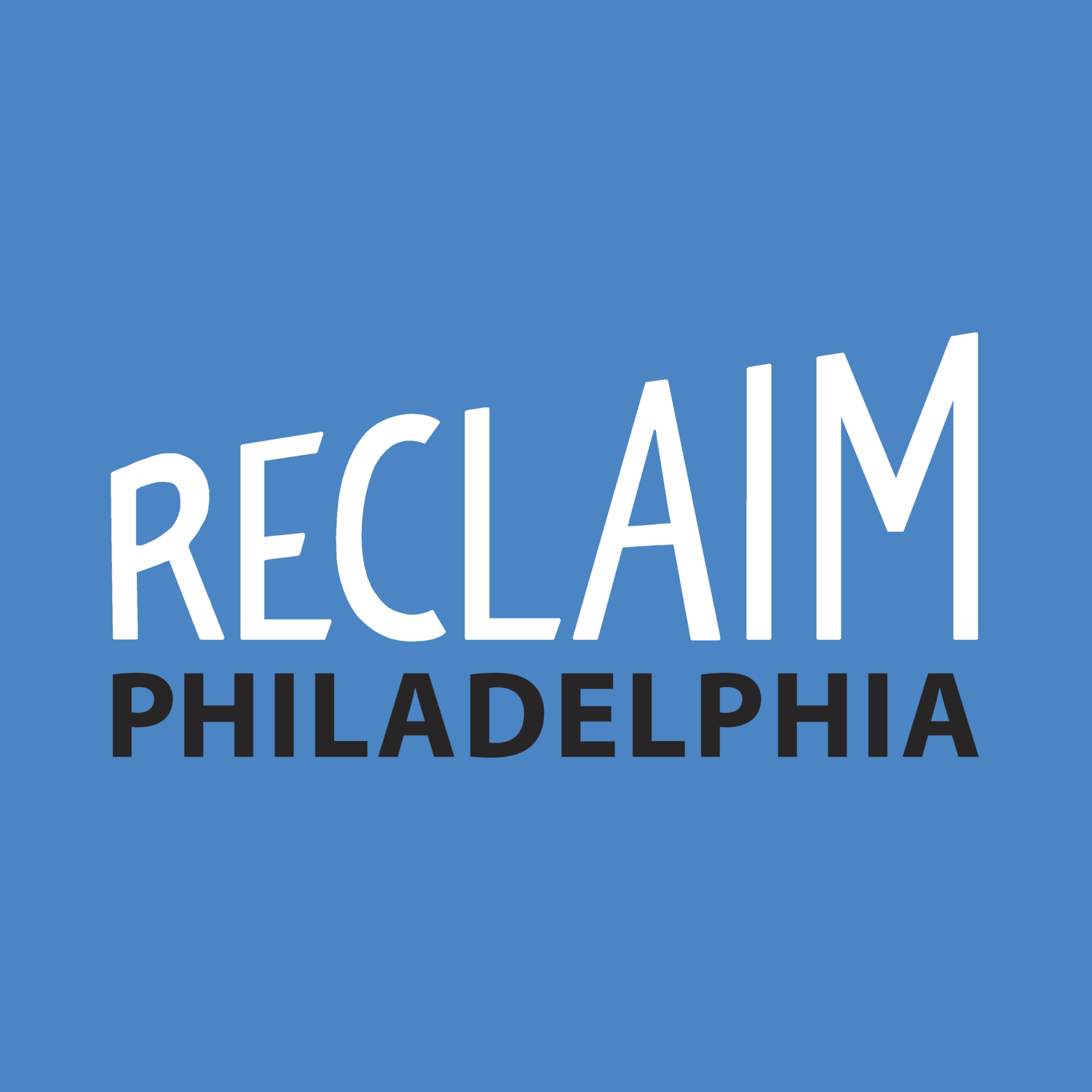Recommendation for General Election Ballot Questions 1, 2 and 3
QUESTION 1: Call on Police to End Unconstitutional Stop-and-Frisk
Would add language to the Philadelphia City Charter calling on the police department to eliminate the practice of unconstitutional stop and frisk, consistent with judicial precedent, meaning an officer must have reasonable suspicion that a person is engaged in criminal activity in order to stop that person, and, therefore, an officer cannot stop someone unlawfully because of their race, ethnicity, gender, sexuality, religious affiliation or expression, or other protected characteristic.
Recommendation: YES - As a result of a federal lawsuit filed by the ACLU of PA, the Philadelphia Police Department (PPD) entered a settlement agreement in 2011 that was supposed to bring an end to unconstitutional stop-and-frisk practices. Since then, the PPD has continued to conduct illegal stop-and-frisks. This practice is another tool used by police in the war on Black communities, with Black Philadelphians being 50% more likely to be stopped by police without any reasonable suspicion. We demand an end to the criminalization, incarceration, and killing of our people. This includes an end to stop-and-frisk and an end to the use of technologies that criminalize and target Black folks.
QUESTION 2: Creating an Office of the Victim Advocate
Would create an Office of the Victim Advocate, to act as an advocate for crime victims and co-victims. The mayor, with the consent of the city council, would appoint the victim advocate. The ballot measure would require the victim advocate to "develop a particular expertise and focus on gun violence." The office's duties would include:
facilitate the planning between government and non-government entities that serve or interact with crime victims and co-victims;
ensure that crime victims are notified of their rights and that their rights are vindicated;
serve as a liaison between crime victims and co-victims and the city government;
educate the public on issues facing crime victims and co-victims;
investigate complaints regarding the interactions between crime victims and co-victims and government and government-funded agencies;
examine issues of general importance to crime victims and co-victims and publish findings and recommendations;
formulate and advocate for policy recommendations within city government; and
convene an advisory board composed of community representatives, practitioners, experts, and other stakeholders.
Recommendation: NO - From what we’ve witnessed at the state-level, the Office of the Victim Advocate (OVA) has failed to deliver policies that help Black and Brown communities heal from the trauma of gun violence, incarceration, and poverty; instead, it has argued in favor of harsher sentencing laws and against bills that grant parole eligibility to people sentenced to life in prison. Government-sponsored and -funded victim services were started in the 1970-80s as criminal justice turned increasingly toward punishment and vengeance, and since that time they've played a fundamental role in sustaining mass incarceration that targets our poor, Black, and Brown communities. Providing care, support, and long-term healing services to those who have experienced harm is fundamental for our communities, and we have grave reservations about a government-run service being given that role without extremely careful planning and oversight by the communities most impacted. Adding to our wariness, Pennsylvania’s Office of the Victim Advocate has consistently spoken about the need for healing, but, in practice, has been a powerful lobbyist against reform. Because of this, we have good reason to fear that any policy recommendations coming from the OVA will only perpetuate the criminalization of poor, Black, and Brown communities and mass incarceration as a response to violence and harm.
QUESTION 3: Citizens Police Oversight Commission
Would create a Citizens Police Oversight Commission (CPOC). CPOC would replace the Police Advisory Commission, which Mayor Kenney created via executive order in 2017. The Philadelphia City Council would be responsible for passing ordinances governing CPOC's powers and duties, funding, number of members, how members are selected, members' terms of service, and members' compensation. The ballot measure would state that CPOC's powers and duties "may include the power to subpoena testimony and records to the extent legally permissible; and the power to retain its own legal counsel, either as employees or by contract, for the purpose of carrying out any investigatory, advisory, and other powers and duties consistent with the purpose of this Chapter, as conferred on the Commission by Council.”
Recommendation: YES - The current Police Advisory Commission (PAC) is an underfunded and ineffective body. The creation of the Citizens Police Oversight Commission (CPOC) would give our communities the opportunity to have an effective vehicle for holding police accountable. But, voting “yes” on the ballot question is only the start. We must be organized to ensure that City Council passes ordinances that guarantee (1) CPOC board members reflect the residents of Philadelphia and are directly accountable to them, (2) CPOC has the power to perform front-line investigations of officers and to compel officer testimony, documentation, or other evidence as part of their investigations, and (3) CPOC is given adequate funding and resources. We must also recognize that the creation of the CPOC is only one piece of our larger strategy to hold accountable, defund, and dismantle current forms of policing.

